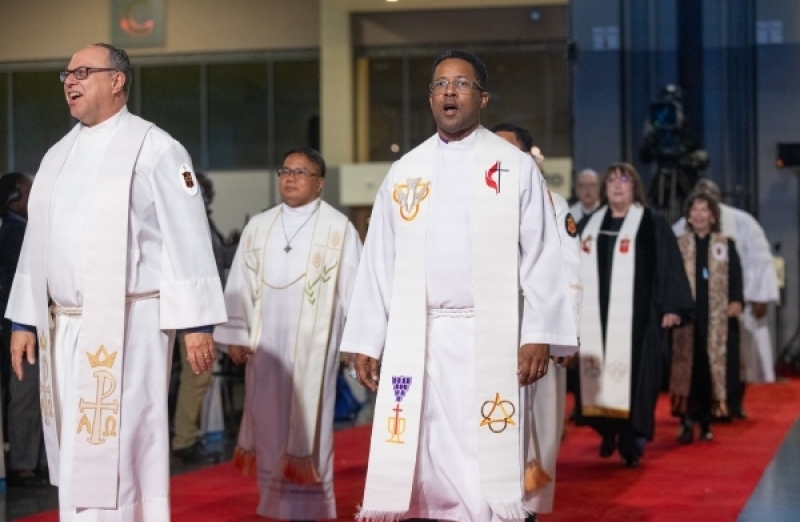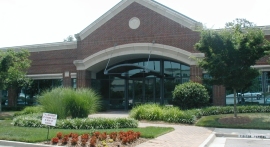
The leadership of the United Methodist Church has clarified that a recent decision by its highest court, which permits pastors to decide whether they will officiate same-sex weddings, does not override regional bans on such unions.
The Judicial Council ruled last month that church trustees could not prohibit pastors from performing same-sex wedding ceremonies. In a statement released last Friday, the UMC Council of Bishops acknowledged that “the decision has created some anxiety and consternation,” but clarified that UMC regions that maintain bans on same-sex marriage are still within their rights to prohibit such ceremonies.
“As bishops, we expect that the pastors we appoint will continue to exercise their authority with deep pastoral sensitivity to the congregation and community to which they are appointed,” stated UMC Council of Bishops President Tracy Malone.
She also emphasized that “We also affirm that the Judicial Council decision does not negate the powers and duties that apply only in the central conferences. We recognize the varying legal contexts in different parts of the world where The United Methodist Church is in ministry.”
Malone pointed out that the ruling “does not authorize United Methodist clergy to violate civil law in their practice of ministry,” especially since same-sex marriage remains illegal in several countries. She assured that the ruling “does not negate the authority given” to central conferences, and “If a central conference has set standards and policy that do not permit same-sex marriages, no pastor in the central conference is permitted to perform a same-sex marriage.”
The Judicial Council's Decision Number 1516 was issued in response to a request for a declaratory judgment from the Arkansas Annual Conference. While UMC law “gives authority to a local church board of trustees for the supervision, oversight, and care of all real property owned by the local church,” the council clarified that “authority over the use of the building has limits.”
It stated that “pastors have the authority to decide whether they will perform the religious marriage service of a couple, and they cannot be prevented from or interfered with when using any of the property of the local church for such a service,” and “Similarly, the pastor cannot be required to use church facilities to perform a religious marriage service. If a pastor does not wish to perform a certain marriage ceremony (in the discretion of the pastor), the local trustees cannot require them to do so.”
At the UMC General Conference last year, delegates voted decisively to remove from the Book of Discipline a longstanding ban on clergy blessing same-sex unions. The change came after more than 7,500 congregations disaffiliated from the UMC, largely due to disagreements over the church’s stance on same-sex marriage and the inconsistent enforcement of rules by some progressive leaders.
Most of these disaffiliating congregations have aligned themselves with the theologically conservative Global Methodist Church, while others have transitioned into nondenominational churches.

















